How to Choose Seeds |
Perusing the seed selection at your local garden center or curling up with a new seed catalog can yield hours of entertainment, but it can also leave you wondering how to choose among the multitude of seeds available. Whether you're a new gardener or an expert with a hoe, some simple considerations help narrow down the choices and zero in on seeds that suit your goals.
How to Choose...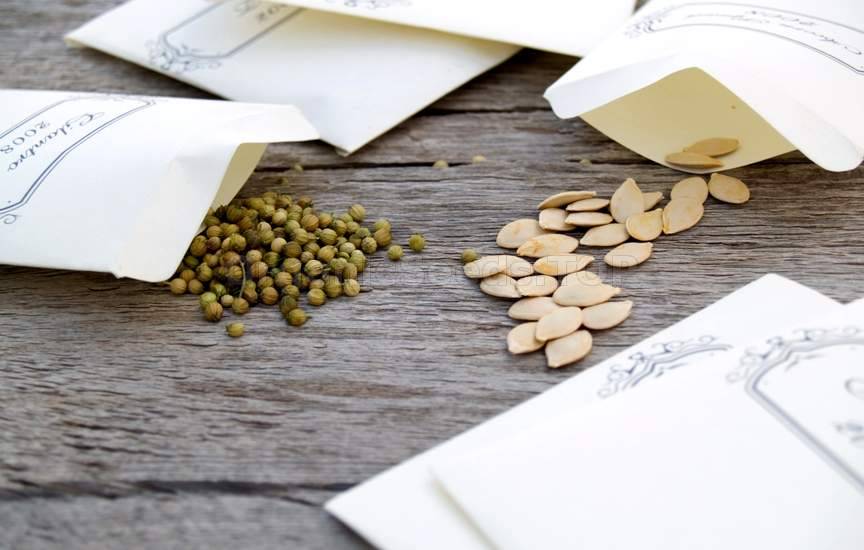 To earn an organic label, seeds must be grown, harvested and stored according to strict regulations for organic products. But using organic seeds doesn't mean that the vegetables or flowers you grow from them will be organic, too -- that depends on the methods you use. Organic seeds or conventional, nonorganic seeds can be grown under either growing method, so the result is up to you. Because organic seeds were grown organically, the plants they produce are often well-adapted to organic conditions and the stresses they endure. If you plan to grow organically and garden without pesticides, organic seeds may be good choices for flowers or vegetables. However, conventional seeds have their benefits. Some diseases target the seeds and seedlings of certain plants, so conventional seed companies often treat their seeds to prevent these problems. This is especially helpful if you're new to gardening. Sensitive seeds, including annual squash (Curcurbita spp.), cucumbers (Cucumis spp.) and peas (Pisum sativum), may be difficult to start with organic seed and methods. 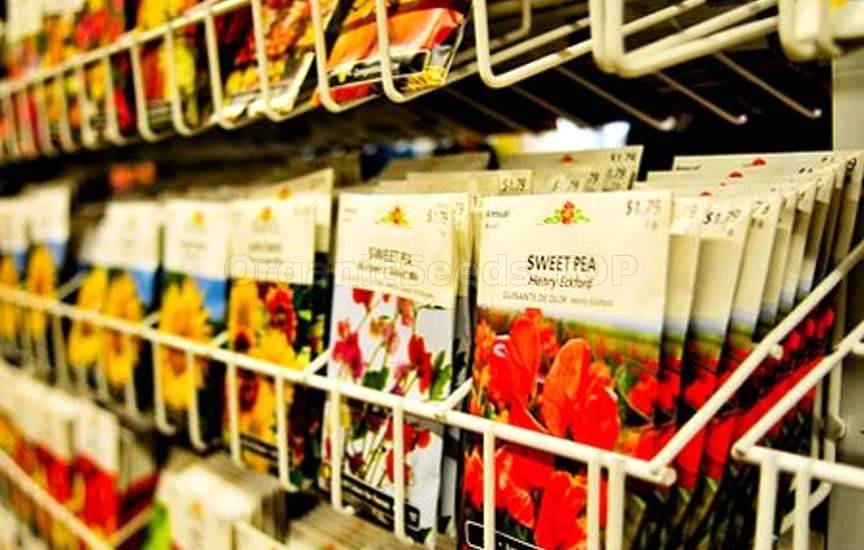 Heirloom seeds are old-fashioned favorites produced by open, natural pollination. Plants grown from these seeds reproduce the same characteristics as their parent, which is called growing true to seed. Passed down from generation to generation, heirloom seeds usually come with colorful histories. Many gardeners and chefs choose heirloom vegetables for their unusual forms and excellent taste. Heirlooms flowers often offer rich aromas not found in modern blooms. However, heirlooms lack the disease resistance bred into modern plants. This can mean a missed harvest and an early end to your growing season, even if you use chemicals. 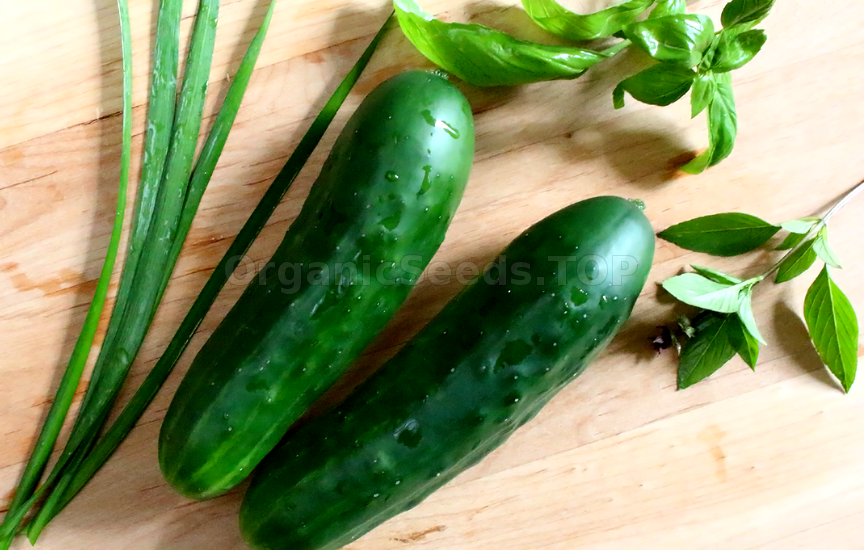 Hybrid seeds result from carefully controlled crosses aimed at improving characteristics -- from flower size and disease resistance to increased vigor, flavor or resilience. Hybrid seeds and plants are not genetically modified organisms (GMOs). The cross-pollination uses traditional breeding methods that control which pollen goes where. If you plan to save your own seeds for next year, don't save seed from hybrids. The next seed generation won't grow true. Simplicity and reliability are helpful attributes for all seeds, but especially when children are involved. For the young-at-heart of all ages, fast and easy germination is key. Choosing seeds that sprout easily, grow quickly and produce flowers or fruit rapidly can make or break beginners. Resistance to disease and insect pests helps, too. 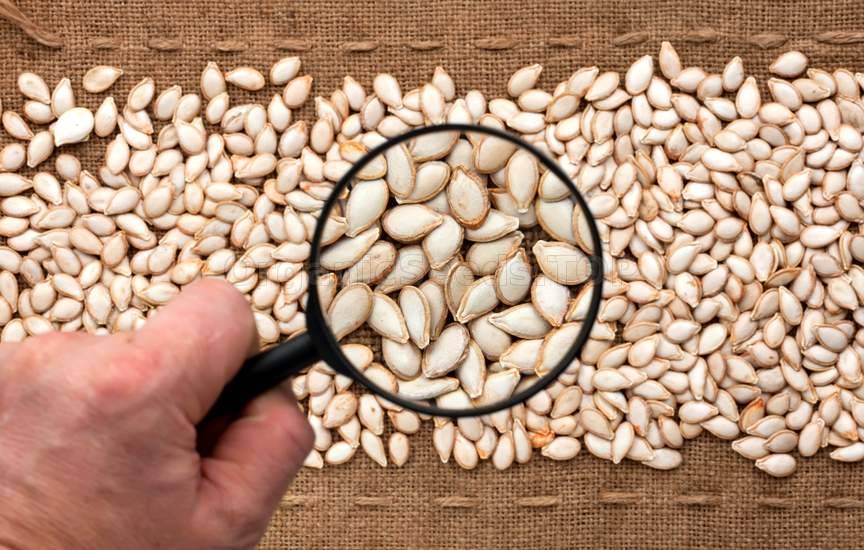 Dependable annual flowers include easy-to-sow cosmos (Cosmos bipinnatus), a butterfly favorite that bloom just a few weeks after planting. Large-seeded nasturtiums (Tropaeolum majus) do double-duty with brilliant -- and edible -- flowers. Annual sunflowers (Helianthus annuus) amaze and delight. Easy-germinating beans (Phaseolus vulgaris) earn prime time in grade-school germination lessons. Radishes (Raphanus sativus) emerge as soon as three days after planting and are eating size in just three to four weeks. Always check dates on your seeds before planting. The pack should show an expiration or seed harvest date. As seed ages, the germination rates drop, and storage conditions matter. Old seeds may not germinate, or the seedlings may be weak. Beans and sunflower seeds stay viable up to three years under optimal storage conditions. Seeds for cucumbers or easy, edible borage flowers (Borago officinalis) last five years or more. 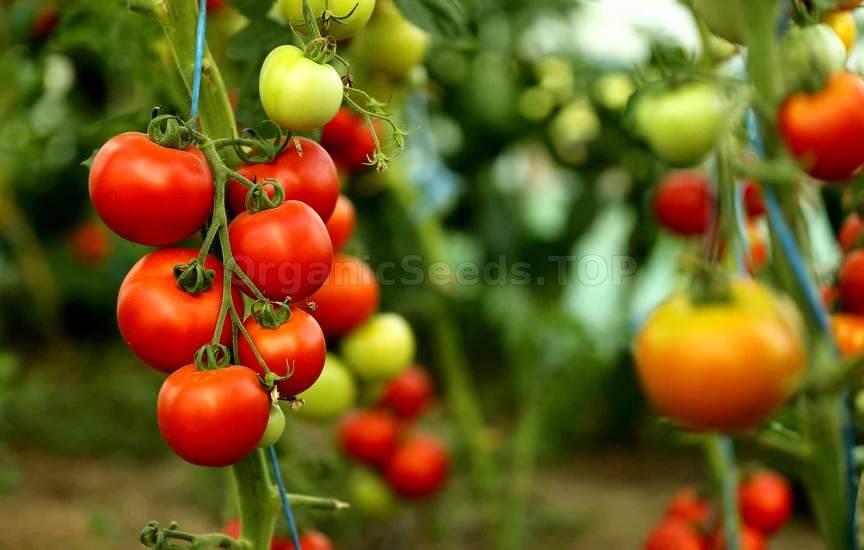 Depending on your U.S. Department of Agriculture growing zone and your region's average frost dates, your growing season may be long and lazy or short and sweet. Seed packages show how long seeds take to mature. Unless the time between your last spring frost and first fall frost is long enough for the seeds you choose, you'll never enjoy the flowers or fruit -- unless you start seed early indoors. If outdoor planting is your plan, choose seeds accordingly. Some seeds prefer to go straight in the ground and don't do well when transplanted in any climate. Sunflowers develop a deep, central taproot that resents being disturbed, so sow them directly outdoors. Carrots (Daucus carota) and beets (Beta vulgaris) are similar. Seeds that run out of time in most North American gardens -- without a head start -- include tomatoes (Lycopersicon esculentum) and peppers (Capsicum spp.). Unless you start them inside, choose transplants over seeds for these long-season plants. 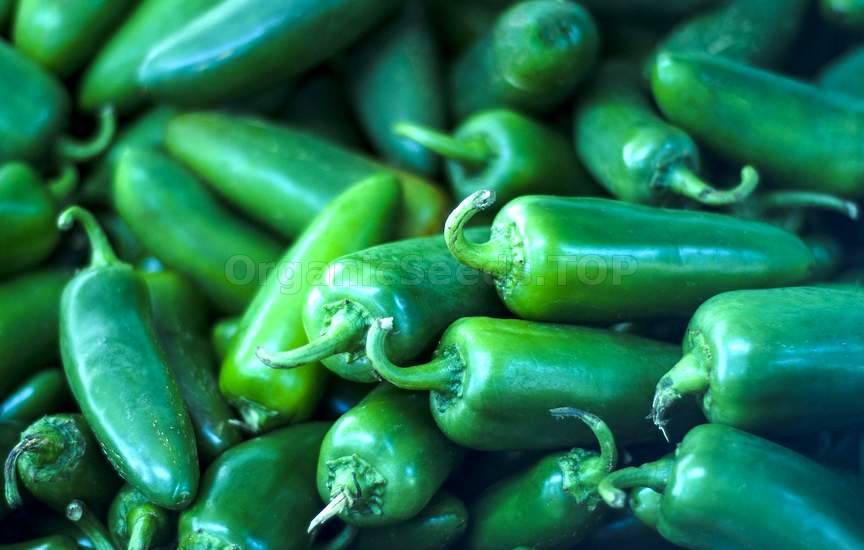 Seeds won't recognize the difference between containers or spacious gardens, but the plants they produce will. Many vegetable, herb and flower seeds do equally well in pots or in the ground, provided you supply their needs, but some suit containers especially well. Common sweet basil's (Ocimum basilicum) small seeds sprout fast and flourish in garden pots. Annual zinnias (Zinnia elegans) grow quickly from seed, so you may want to put a container cutting garden at your door. Giant sunflowers call for giant pots or garden spaces, but dwarf types thrive in crowded containers. 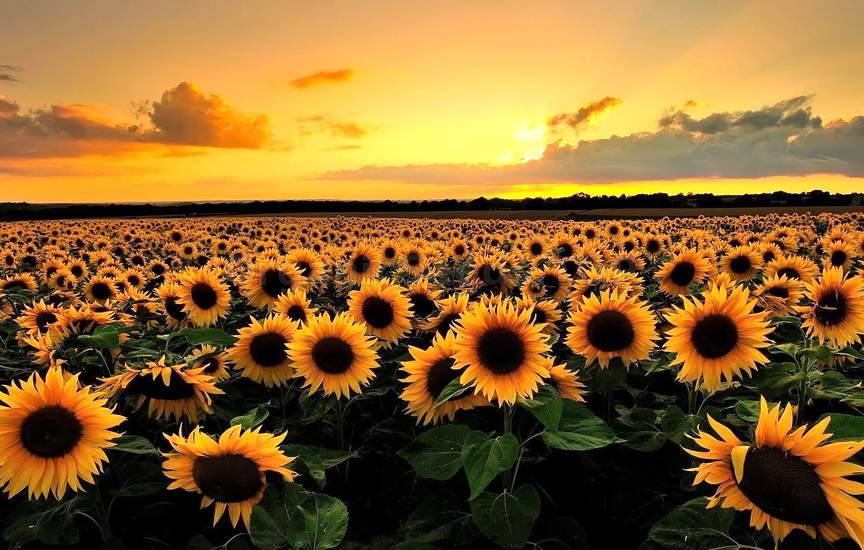 Choose seeds matched to your space and your plans. Pole beans need tall supports and room to ramble, but bush-type beans suit small spaces well. Eggplants (Solanum melongena) grow well when seeded indoors and shifted outside for summer. Compact, patio varieties deliver prolific harvests in container spaces. Tuck in a seed or two of easy-going nasturtiums for a color spilling over the rim. You may need:Heirloom Tomato SeedsEdible flowersCarrot SeedsOrganic Pepper Seeds |
|
|
